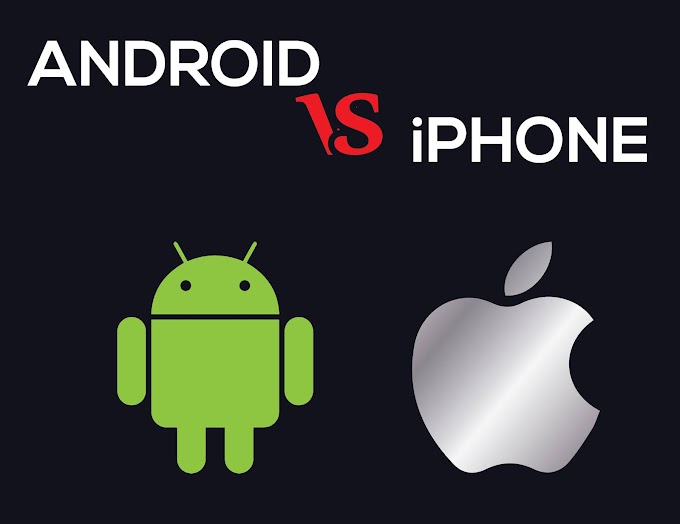Types of Artificial intelligence
Artificial intelligence is that the intelligence suggests by machines. the foremost appropriate intelligent machine in computing is that the machine with flexible and logical intelligence that detects the environment and events, maximizing the prospect of success towards a selected target. The term AI is employed when machines mimic the cognitive functions related to the human mind. As soon as a machine performs the task assigned thereto , it's AI , if the machine can imitate human-specific cognitive functions like problem solving and learning, then it are often said that it's AI . Described within the infographic With advances in computing , including machine learning, neural circuits, genetic algorithms, something began to become definite. AI is now moving towards becoming a self-aware technology instead of a pile of metal.
Creating AI - how can we approach AI?
As you almost certainly already know, the creation of AI may be a very complex thing that needs a big amount of data from several different disciplines. Over the years, variety of approaches are developed to unravel AI as an entire or as a partial problem - expert systems and neural networks are among the simplest known approaches in history.
From expert systems to neural networks
Intelligence must vary . the utilization of neural networks has proven to be extremely promising years ago. Here, real neurons and their interconnection inspire us within the brains of living organisms.
Already the primary computers have shown that this might be the proper thanks to go. it had been enough to simulate and connect a couple of neurons to every virtual synapse, add some to the input (such as buttons) and connect the others to the output (such as incandescent lamps) - and gradually got different input states and appropriate responses to them, as a curriculum. Learning changes the "weight of synapses" between individual neurons - the signal from a number of them is amplified while the others are weakened. Networks sometimes also gave the right answer to an input that the teacher (teaching program) had never shown them before. And if an easy assignment (such as a boolean operation) has learned a network of ten neurons, it can already be said to achieve success , albeit one or two of them have disappeared.
Based on ability
- Narrow AI
It is inferior to human intelligence and also known as weak AI .
- General AI
Similar to human intelligence and also known as strong AI and full AI.
- Super AI
An intellect that is much smarter than human brains in partically every field
Based on functionality
- Purely Reactive
It is the only sort of AI . He fully perceives the environment and situation around him and acts consistent with what he sees. It doesn't have a wider worldview and can't record information. Since he has no memory, he cannot make decisions supported past experiences. It can concentrate on just one area. for instance , IBM's chess-playing computer Deep Blue.
- Limited Memory
It collects information learned within the past and overlays previously programmed world information. they need enough experience and memory to form the proper decisions and take appropriate actions. for instance , self-driving vehicles and digital assistants.
- Theory of Mind
The 3rd sort of AI can understand the emotions and thoughts of individuals around them that affect their behavior. They will understand such feelings, intentions, expectations, and interact socially. it's seen because the way forward for this sort of AI , which remains being studied. For instance , the R2-D2 and C-3PO robots within the Star Wars movie.
- Self Awareness
These sorts of AI are conscious of their selves and may provide information about themselves. As an extension of the idea of mind, this species can recognize its inner state, understand the emotions of others and draw conclusions from events. it's seen because the best foreseen sort of AI . Super intelligent, emotional and conscious.
Today, common samples of AI (Artificial intelligence) are:
v Health sector
v Autonomous driving systems
v News feeds on social media
v Music and media streaming services
v Voice assistants





